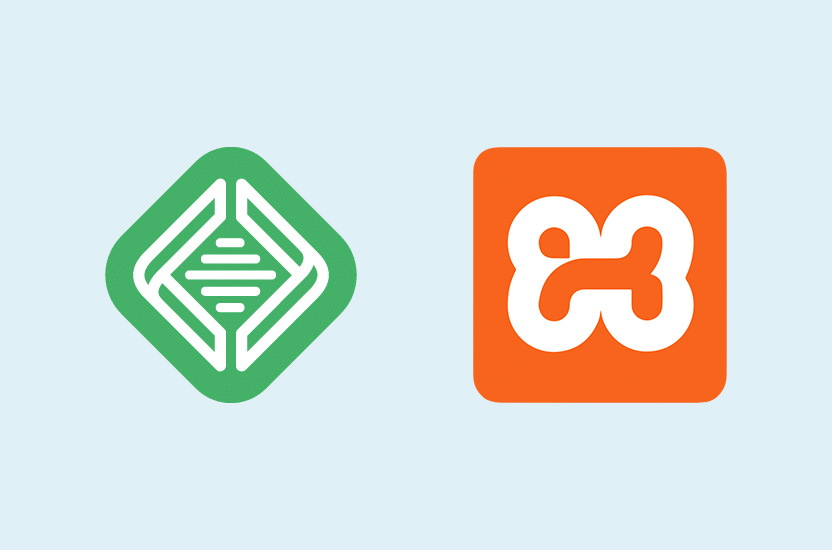
LocalWP vs XAMPP
LocalWP and XAMPP are both popular local development environments for WordPress. While both tools serve the same purpose, they have different features and functionalities.
In this post, we’ll compare LocalWP vs XAMPP and help you decide which one is the best choice for your WordPress development needs.
Setup and Installation
LocalWP and XAMPP differ in the setup and installation process.
LocalWP is relatively easy to install and set up. The tool is available for Windows, Mac, and Linux, and can be downloaded from the official website. LocalWP comes with a user-friendly interface and a guided setup process, which makes it easy to get started with WordPress development.
XAMPP, on the other hand, requires a bit more technical know-how to install and set up. XAMPP is available for Windows, Mac, and Linux, and requires manual installation and configuration. It also requires some familiarity with server configurations and ports.
Features and Functionality
Both LocalWP and XAMPP come with different features and functionalities.
LocalWP is designed specifically for WordPress development and comes with features that cater to WordPress developers. For example, LocalWP has built-in support for SSL certificates, which is essential for developing secure WordPress sites. It also comes with features like Live Link and Blueprints, which allow developers to quickly and easily create new WordPress sites with pre-configured settings.
XAMPP is a more general-purpose tool that can be used for web development beyond WordPress. XAMPP includes a web server (Apache), a database server (MySQL), and a scripting language (PHP). While XAMPP doesn’t have WordPress-specific features like LocalWP, it can be used to develop other web applications beyond WordPress.
LocalWP vs. XAMPP: Performance
Two environments that differ in terms of performance.
LocalWP is designed to be lightweight and optimized for WordPress development. The tool comes with a minimal setup, which reduces resource usage and makes it faster and more efficient than other local development environments. LocalWP also uses Docker containers to run WordPress sites, which allows for better isolation and resource allocation.
XAMPP, on the other hand, is a more resource-intensive tool, as it includes a web server, a database server, and a scripting language. While XAMPP can be configured to run efficiently on your local machine, it can be slower and more resource-intensive than LocalWP.
LocalWP vs. XAMPP: Security
Security is a crucial aspect of any development environment.
LocalWP is designed with security in mind, and comes with built-in support for SSL certificates, which is essential for developing secure WordPress sites. LocalWP also uses Docker containers to run WordPress sites, which allows for better isolation and security.
XAMPP, on the other hand, requires manual configuration to ensure security. While XAMPP comes with security features like password protection and firewall settings, it’s up to the user to ensure that the tool is configured securely.
What to choose?
Both LocalWP and XAMPP are great tools for WordPress development.
LocalWP is easier to set up, optimized for WordPress development, and comes with WordPress-specific features like Live Link and Blueprints.
XAMPP, on the other hand, is a more general-purpose tool that can be used for web development beyond WordPress.
However, XAMPP requires more technical know-how to set up and configure, and can be slower and more resource-intensive than LocalWP.
Ultimately, the choice between LocalWP and XAMPP depends on your specific needs and technical expertise, but my recommendation is to choose LocalWP for your WordPress development needs.
